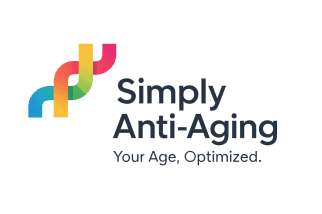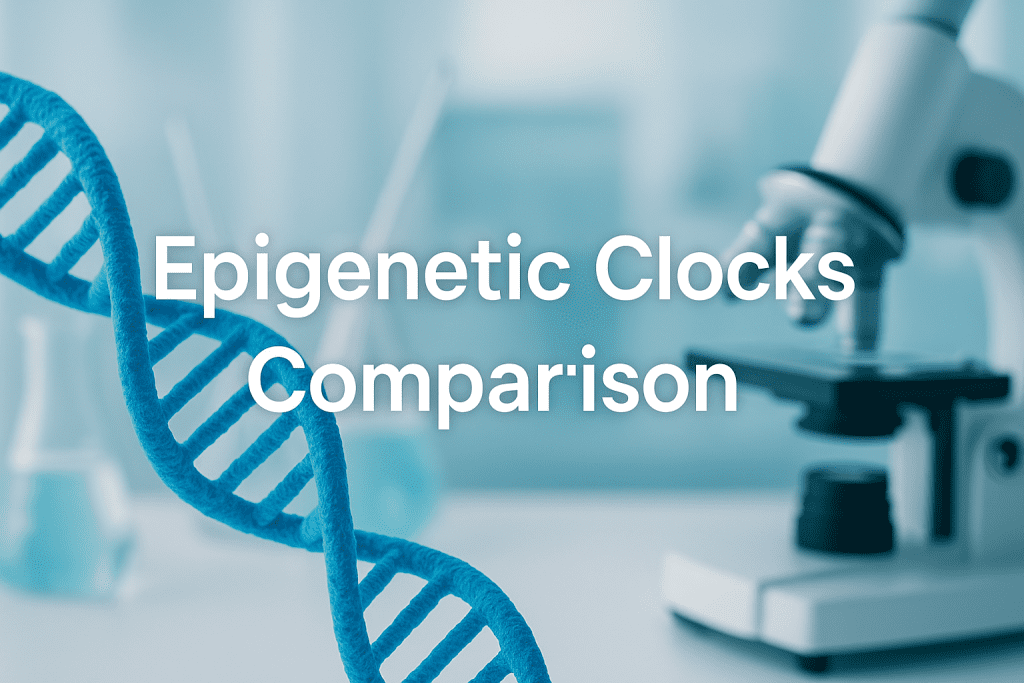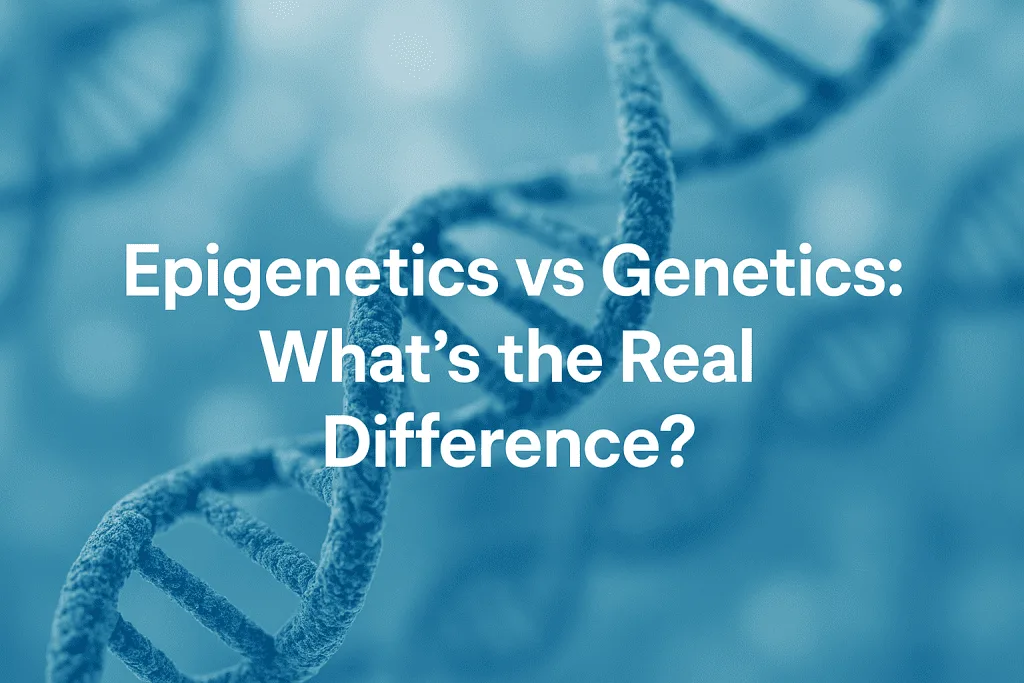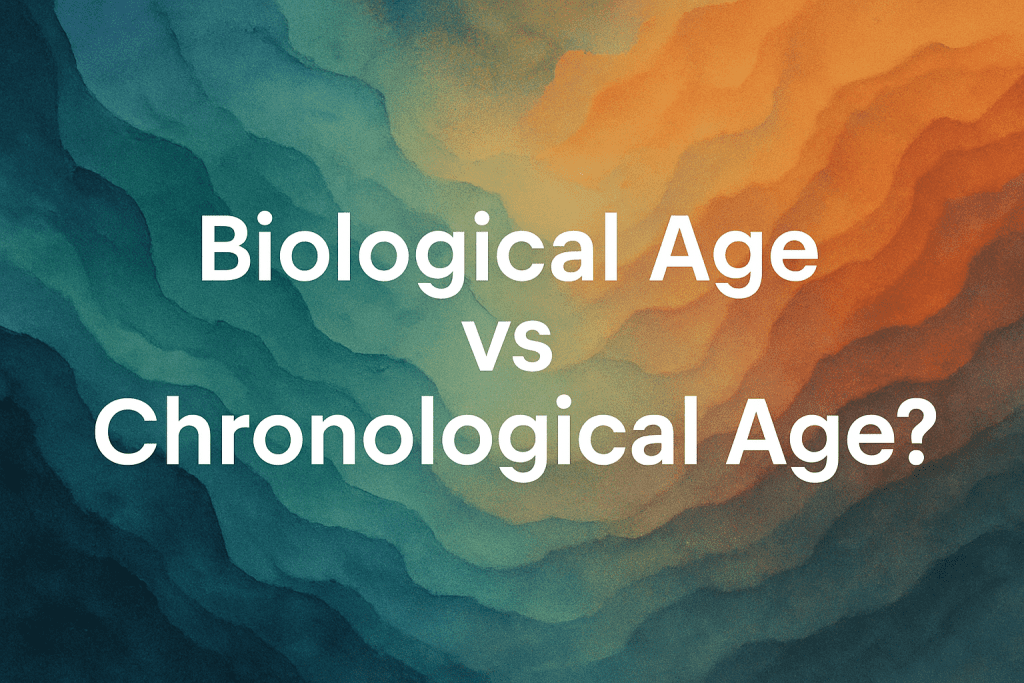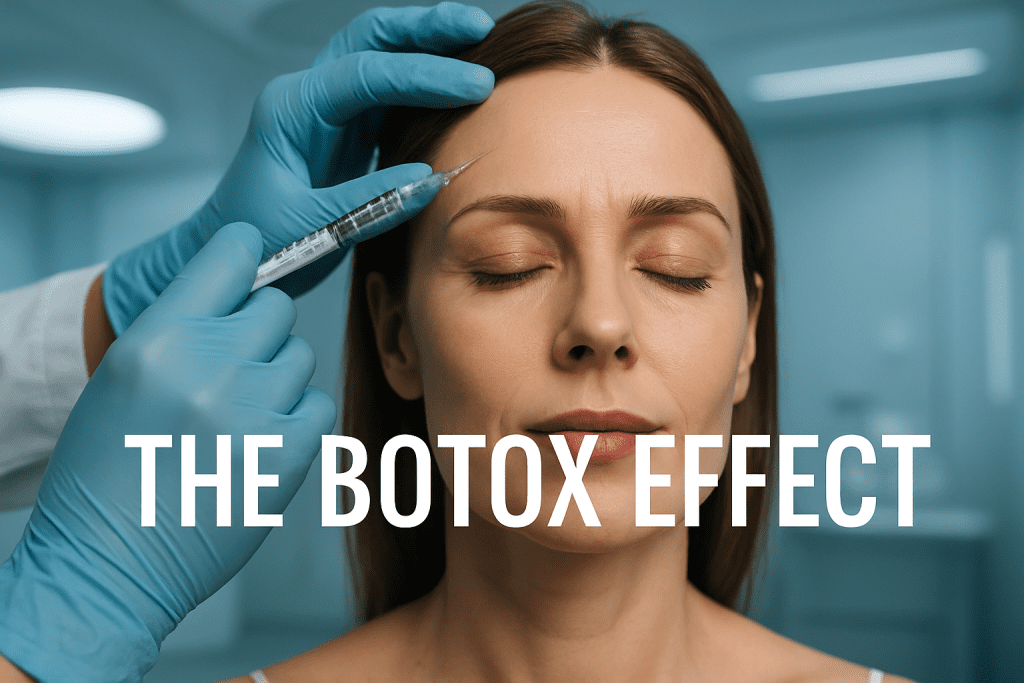
Botox is often sold as a fountain of youth in a syringe. But is it just smoothing the surface, or actually changing how your face ages? If you’re curious about how Botox affects aging, not just wrinkles, but your long-term facial health, this guide will break it all down in simple, science-backed terms.
What Botox Actually Does (and Doesn’t Do)
Botox, short for botulinum toxin, is a neurotoxic protein that blocks signals between nerves and muscles. When injected, it paralyzes small facial muscles to prevent them from contracting. Less movement means fewer wrinkles, especially those caused by frowning, squinting, or raising your eyebrows.
But here’s the catch: Botox doesn’t treat the skin itself. It doesn’t hydrate, tighten, or rebuild collagen. It simply reduces movement, and that creates the illusion of smoother skin.
✅ Good for: expression lines like crow’s feet, forehead furrows, frown lines
❌ Not for: sagging skin, deep wrinkles from volume loss, or collagen rebuilding
Does Botox Prevent Wrinkles, or Just Hide Them?
This is one of the most debated questions in cosmetic dermatology. Some dermatologists argue that by stopping repetitive muscle movements, Botox helps prevent new lines from forming. That may be partly true. But…
🧠 Muscles are part of your face’s structure. When they’re chronically frozen, other parts of your face may overcompensate. For example, if you can’t frown, you may squint more, or use neck muscles differently when you smile.
Over time, this can shift how your face ages, creating odd patterns of tension or droopiness elsewhere. It’s not dangerous, but it’s not “anti-aging” in the way many people assume.
Long-Term Use: Helpful or Harmful?
Botox is FDA-approved and safe when used by professionals. But long-term use still raises a few biological questions:
- Muscle atrophy: Muscles that don’t move shrink over time. This can flatten parts of the face.
- Skin thinning: If the skin isn’t being moved or “exercised,” it may lose elasticity faster.
- Rebound movement: If you stop Botox suddenly, some muscles may over-activate, making wrinkles more noticeable at first.
That said, many users report great results for 10+ years, especially with moderate, regular use and a skilled injector. The key is balance, not freezing everything.
Does Botox Affect Your Biological Age?
Biologically, Botox doesn’t slow aging. It doesn’t influence telomeres, DNA methylation, glycan patterns, or mitochondrial function, all markers that define your biological age.
What it does affect is perceived age, how old you look to others.
So if you’re aiming to age more slowly at the cellular level, Botox won’t help directly. But it can make you feel more confident while you work on the real stuff: diet, sleep, stress, and cellular repair.
🧬 Curious what your true biological age is? See how it’s measured with this comparison of at-home test kits
Botox vs. Other Anti-Aging Tools
Let’s compare Botox to other options that actually target biological aging:
| Method | Surface or Cellular? | Duration | Helps Long-Term Aging? |
|---|---|---|---|
| Botox | Surface | 3–5 months | No |
| Retinoids | Surface + Slightly Cellular | Ongoing use | Mild effect |
| Collagen supplements | Cellular | Ongoing use | Yes (with evidence) |
| Epigenetic tests | Cellular (measuring) | N/A | Yes (tracks aging markers) |
| Red light therapy | Cellular | Ongoing | Supports skin repair |
If your goal is smoother skin for a few months, Botox delivers. But if you’re aiming for long-term youth from the inside out, you’ll need to think deeper.
Are “Botox Alternatives” Worth It?
You’ve seen them: serums, patches, “natural botox” creams. Most of these offer temporary effects like skin tightening, but none block nerves the way real Botox does. That’s not to say they’re useless,some formulas include peptides that may help with firmness or tone. But don’t expect a miracle.
If you’re looking for science-backed support from the inside, studies show collagen peptides can improve skin hydration, elasticity, and even dermal density over 12 weeks 🧪 Study: NIH, 2019
How to Use Botox Wisely
If you decide Botox is right for you, here are 5 smart rules:
- ✅ Start small: don’t overdo your first session.
- ✅ Choose an experienced provider (not just the cheapest).
- ✅ Focus on areas that truly bother you: skip the “just because” spots.
- ✅ Space out treatments: every 4 to 6 months is enough for most.
- ✅ Combine it with real anti-aging practices: sleep, antioxidants, less sugar, and stress reduction.
Final Thought: Look Good, Feel Better, But Think Long-Term
Botox is a cosmetic fix, not a longevity solution. It can help you feel more confident, and that matters. But it won’t slow your biological clock.
For that, think deeper than skin. Sleep well, eat well, move often, and consider measuring your internal aging with tools that reflect what’s happening beneath the surface.
Because smooth skin is nice. But healthy aging is powerful.
What does Botox do to your face?
Botox blocks nerve signals that cause certain facial muscles to contract. This reduces wrinkles from movement, like frowning or squinting, but doesn’t treat the skin itself.
Does Botox slow the aging process?
Botox does not slow biological aging. It only affects how your face looks on the surface by limiting muscle movement. It has no effect on your DNA, collagen, or cellular age.
What are the long-term effects of Botox?
With frequent use, Botox can cause muscle atrophy or shifts in facial movement patterns. Over time, some users may notice flattening or unnatural expressions if overused.
Can Botox make wrinkles worse when you stop?
Temporarily, yes. When the effects of Botox wear off, muscles may overcompensate, making wrinkles appear more intense at first. This typically settles over time.
Is there a safer or more natural alternative to Botox?
No product matches Botox’s nerve-blocking effect. But collagen supplements, retinoids, and good lifestyle habits can improve your skin and support healthier aging over time.
Does Botox affect your biological age?
No, Botox does not influence your biological age. It changes how your face appears, but it has no measurable effect on internal aging markers like DNA methylation or inflammation.
Is Botox better than collagen supplements?
They serve different purposes. Botox reduces muscle movement for smoother skin. Collagen supports skin structure from the inside. They can be used together for different goals.
